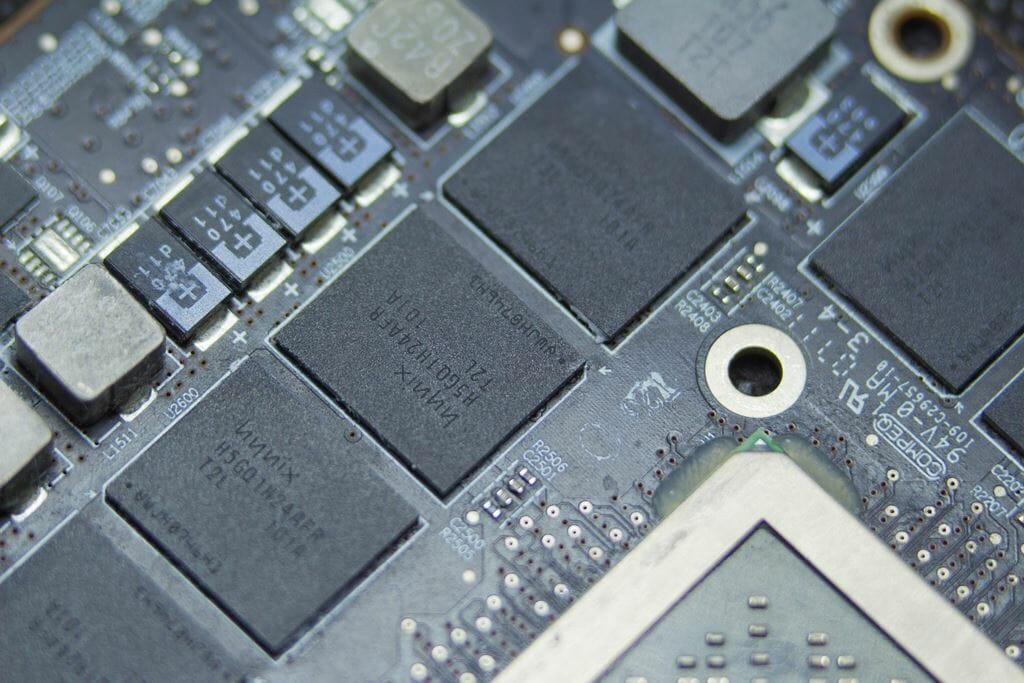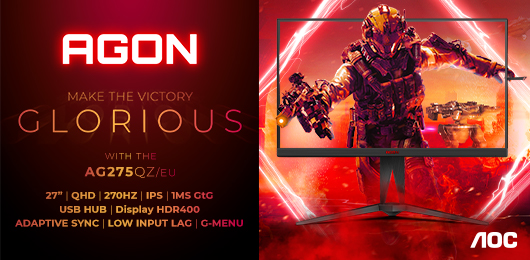Technology has come a long way in recent years, especially when it comes to computers. We use them for work, entertainment, and staying connected with the world. The average person now has access to more computing power than ever before, which means that there are more options available when choosing a new PC. So when it’s time to buy a new PC, it’s important to consider all your options carefully. Here are the most important factors to keep in mind:
1. Budget
Of course, your budget is one of the most important factors to consider when choosing a PC. There is a wide range of prices for different computers, so it’s important to set a budget and find the best machine within that budget.
You’ll also want to remember that you don’t necessarily have to buy the most expensive machine to get a good one. Consider finding refurbished Desktops which can often offer excellent value for your money. There are plenty of great PCs that are very affordable. It’s all about finding the right balance of features and price.
2. Processor
An important factor to consider when buying any PC is the processor. This is the heart of the machine, and it determines how fast your computer will be. The most important thing to look for in a processor is its clock speed, measured in GHz. The higher the clock speed, the faster your computer will be. You’ll also want to pay attention to the processor’s number of cores.
A dual-core processor is a minimum these days, but a quad-core or even an octa-core processor will give you even more speed. You’ll also want to pay attention to the processor’s number of threads. This measures how many tasks the processor can handle simultaneously, which is important for multitasking.
3. Memory
When choosing a PC, memory is just as important as the processor. RAM, or random access memory, is what your computer uses to store data temporarily. The more RAM your computer has, the more things it can keep in memory at once, making it run faster.
Most computers these days come with at least 4GB of RAM, but 8GB or 16GB is even better. If you plan on doing a lot of multitasking or gaming, you’ll want even more RAM. Another thing to remember is that not all RAM is created equal. DDR4 RAM is newer and faster than DDR3 RAM, so if you can afford it, go for DDR4.
4. Graphics Card
The graphics card is another important component of the PC. This part of the computer handles graphics processing, and it’s especially important for gaming and multimedia activities. When choosing a graphics card, you’ll want to consider the number of cores it has and its clock speed and bandwidth.
The number of cores is important because it determines how many tasks the card can handle simultaneously. The higher the clock speed and bandwidth, the faster the card will be. You’ll also want to ensure that the card is compatible with the monitor or displays you’ll be using.
5. Storage
Storage is another vital part of choosing a PC. This is where all your data is stored, including your operating system, programs, and files. There are two main types of storage: HDD and SSD.
HDD, or hard disk drive, is the traditional type of storage. It’s slower than SSD, but it’s more affordable. SSD, solid state drive, is newer and faster but more expensive. If you can afford it, SSD is the way to go. But HDD is still a good option if you’re on a budget.
6. Operating System
The operating system is the software that runs your computer. The two most popular operating systems are Windows and macOS. Windows is more popular for PC gaming, while macOS is preferred for creative activities like video editing and graphic design.
You’ll also want to consider which operating system version you want. The latest version of Windows is 10, while the latest version of macOS is Mojave. If you’re unsure which one to choose, it’s worth researching to see which one will be best for your needs.
7. Warranties and Returns
Finally, when choosing a PC, it’s important to consider warranties and return policies. Most computers come with at least a one-year warranty, but some companies offer longer warranties for an additional cost. It’s worth checking out the warranty before buying to see what’s covered and how long.
You should also be aware of the company’s return policy. Some companies allow you to return the computer for a full refund within a certain period, while others have more restrictions. It’s important to know what the policy is so that you can be sure you’re making a purchase you’re happy with.
When buying a new PC, remember these factors to ensure you choose the best option for your needs. With so many great options available, there’s sure to be a perfect PC for you. If you take your time and research, you’re sure to find the perfect machine for your needs.
















